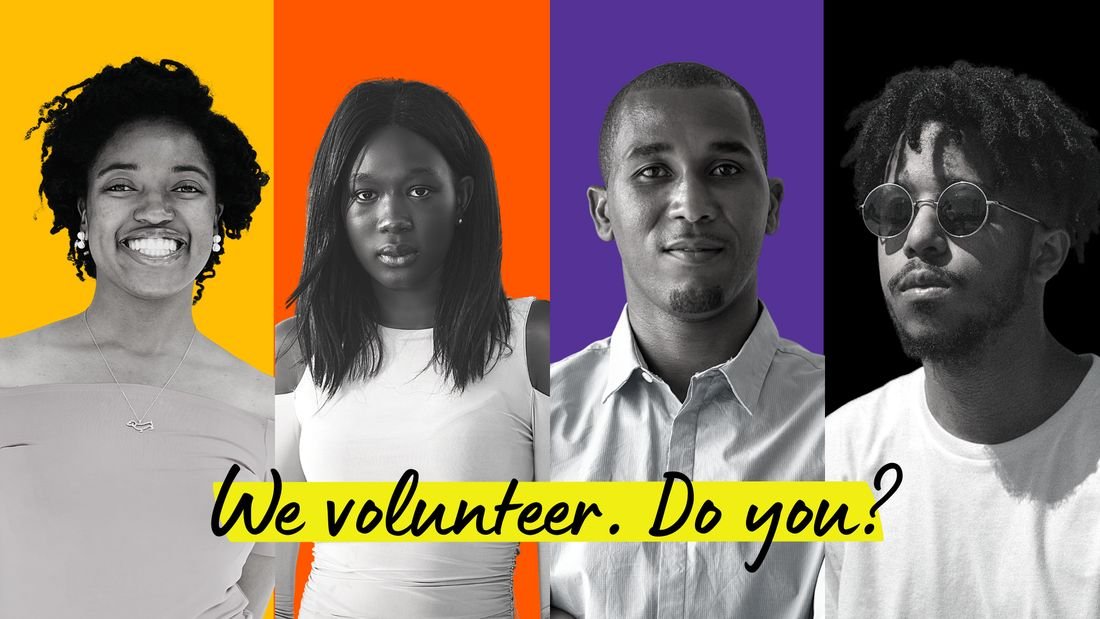Why civic duty matters to Black-led organisations | Common Call
The social landscape of the UK is constantly evolving, as our upcoming 2021 Census will soon show. Many Black-led impact groups within the UK exist to address the social and economic needs of their communities; and in the run-up to our factsheet about Black-led organisations, we explore the social and civic matters that make them a necessity.
Whether it’s youth empowerment, immigrant community gatherings, or professional groups, the organisations we’ve engaged with all serve a specific focus and purpose that would otherwise be missing from the lives of their end-users. Through our conversations with these organisations, we’ve learned how a small social enterprise can evolve into a local pillar of support for people within the community.
The trust and recognition earned from an organisation’s existence are sometimes enough to give its community a seat at the local governance level. As a result, groups can participate in meetings that influence policymaking at a local level. For the UK’s Black population, it’s an opportunity to serve the community and make their voice heard in the corridors of power.
The recent Community Life Survey, which ‘tracks developments in areas that are important to encouraging social action and empowering communities’, showed that 45% of Black respondents said they felt like they could affect decision-making in their communities. This includes in areas such as wellbeing, volunteering and civic engagement. However, only 1 in 10 Black people get involved with local decision-making which means Black people are underrepresented at the local governance level. The inclusion of Black-led impact organisations in governance gives people an avenue to share their perspectives and build a record of influence within a local community.
One way Black-led organisations grow is through volunteer positions. According to government statistics almost 1 in 4 Black people (24%) volunteer, meaning there’s an appetite for people to engage in public service. Black-led social enterprises and charities are in the unique position of having access to beneficiaries who can also double as volunteers if they so wish. As a result, there’s growing scope for Black-led to build a community that involves end-users and volunteers who also have lived experience related to a particular organisation’s services.
We describe these trends and more in our upcoming fact sheet about Black-led organisations. If you’d like to receive a copy when it launches, please sign up for our newsletter.

